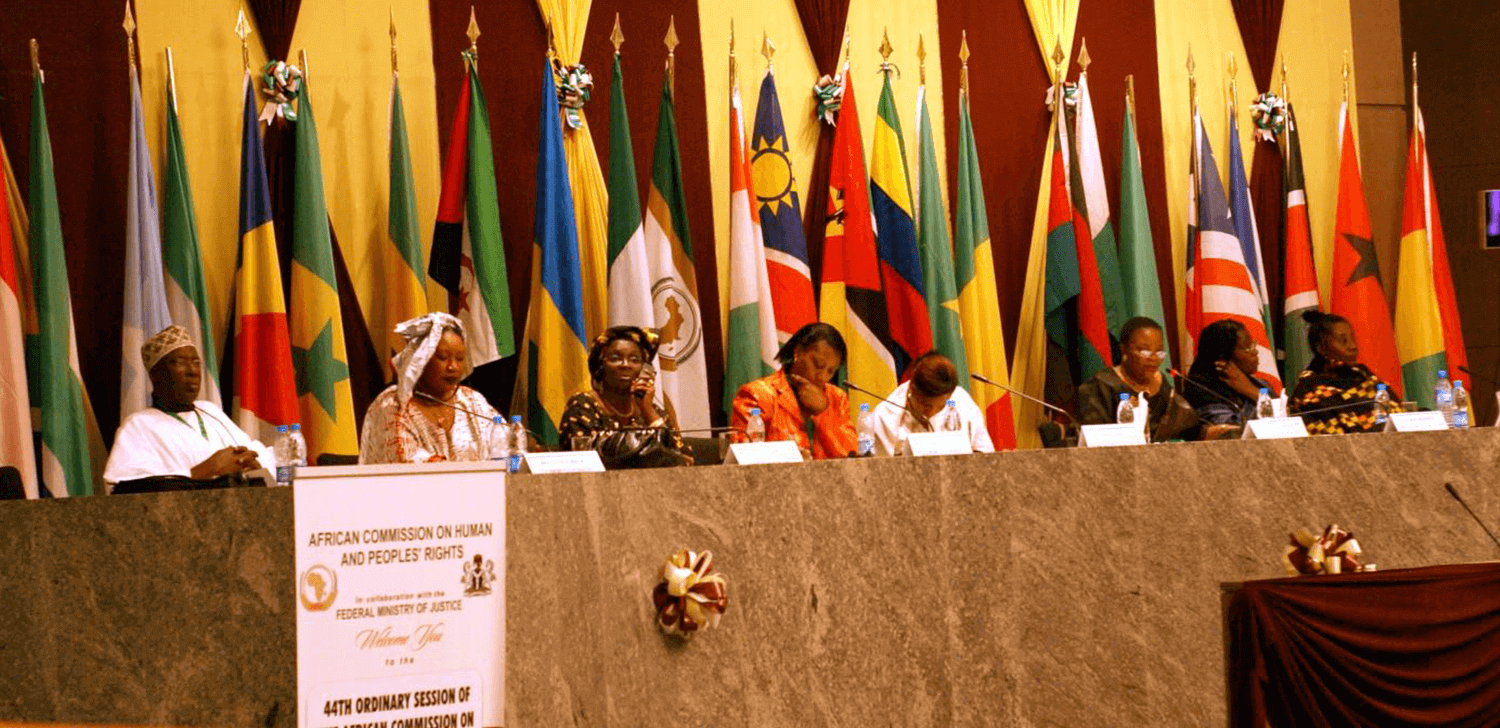Human Rights Records Of African Presidencies.
Authored by Beyonddennis
The human rights landscape across Africa is as diverse and complex as the continent itself, with the records of its presidencies presenting a multifaceted narrative of progress, challenges, and setbacks. A thorough examination reveals that while some leaders have championed constitutionalism and civil liberties, others have been implicated in grave violations, impacting millions of citizens.
Historically, many African nations emerged from colonial rule with nascent institutions and a legacy of authoritarian governance. This often paved the way for leaders who, once in power, consolidated control, sometimes at the expense of fundamental human rights. Repression of political dissent, arbitrary detentions, restrictions on freedom of expression, and electoral irregularities have unfortunately been recurring themes in various countries. For instance, reports from human rights organizations have frequently highlighted issues such as excessive force by security forces against protesters, the detention of journalists and opposition figures, and the curtailment of civic space in several nations across the continent.
The challenges to upholding human rights in African presidencies are numerous. Political instability, often fueled by ethnic tensions or struggles over resources, can lead to widespread abuses. Corruption, a persistent issue in many countries, can divert funds from essential services, thereby undermining economic and social rights, and can also compromise the independence of the judiciary, further eroding human rights protections. Furthermore, the fight against terrorism and insurgencies in regions like the Sahel, the Horn of Africa, and parts of Central Africa has sometimes led to emergency laws and security operations that have been criticized for disproportionate use of force, extrajudicial killings, and arbitrary arrests, impacting civilian populations.
Despite these challenges, there have been significant strides in promoting human rights under various presidencies. Some leaders have overseen transitions to multi-party democracy, strengthened judicial independence, and adopted progressive human rights legislation. Countries like South Africa, following the apartheid era, enshrined a robust Bill of Rights in its constitution, setting a standard for human rights protection, although its implementation and enforcement face ongoing challenges. Similarly, nations such as Ghana and Botswana have often been cited for relatively stronger democratic institutions and respect for human rights compared to some of their counterparts, though no country is without its imperfections.
Regional bodies, notably the African Union (AU) and its various mechanisms, such as the African Commission on Human and Peoples' Rights, play a crucial role in monitoring and advocating for human rights on the continent. These bodies receive complaints, conduct investigations, and issue recommendations to member states, aiming to hold presidencies accountable to regional and international human rights standards. While their effectiveness can vary depending on political will and state cooperation, they represent a vital framework for promoting and protecting human rights across Africa.
The impact of a presidency's human rights record extends far beyond political freedoms; it directly influences socio-economic development and stability. Respect for human rights fosters a more just and equitable society, encouraging investment, innovation, and social cohesion. Conversely, human rights abuses can lead to internal displacement, refugee crises, brain drain, and sustained instability, hindering a nation's progress and the well-being of its people. The international community, through various non-governmental organizations and diplomatic channels, continues to exert pressure on African presidencies to adhere to human rights norms, recognizing that stable and prosperous nations are often those that uphold the dignity and rights of their citizens.
The human rights records of African presidencies present a dynamic and evolving picture. While persistent challenges and violations continue to be a concern in many regions, there is also evidence of growing awareness, stronger civil society engagement, and increased efforts by some leaders and regional bodies to uphold human rights. The journey towards full respect for human rights in Africa remains ongoing, requiring sustained commitment from leaders, vigilance from citizens, and continued support from the international community.
